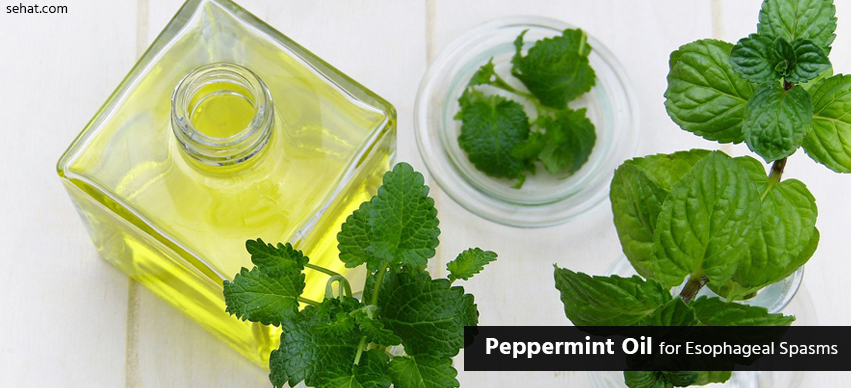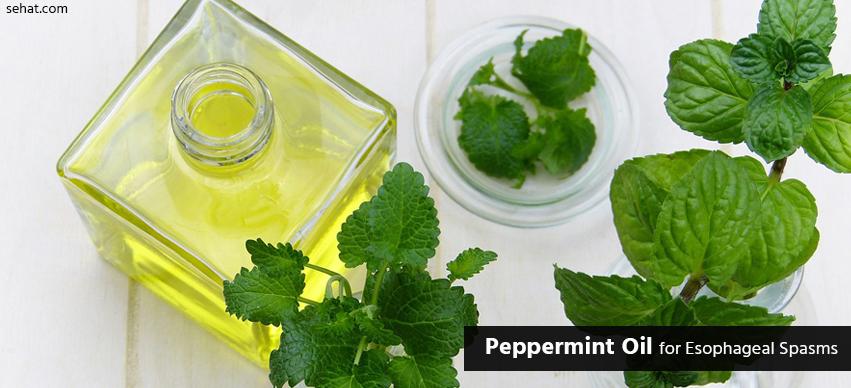Evolution of Prescription Refills: From In-Person to Online ..
6 Min Read


The human body is a complex structure which at times faces its own issues. Pain here and there in the human body is a common affair. While some pains are excruciating and need medications, there are some other pains that hurt but can be reduced by using some natural and homemade remedies. An example of this would be the wonders of using peppermint oil for esophageal spasms.
The esophagus is the tube that connects the stomach of a human being to his or her mouth. Quite literally, the tube is also known as the food pipe. Esophageal spasms are nothing but involuntary contractions of the esophagus. Such spasms or contractions are sudden and are quite painful. such pain can span across a few minutes to a few hours too. While esophageal spasm occurs occasionally and might not require any specific treatment regime, but such pain is excruciating enough to disrupt the normal life of any individual. Certain home and natural remedies, such as the use of peppermint oil, though would be useful in relieving such spasms.
Science and medical research have not yet concretely concluded the exact causes of esophageal spasms. However, doctors and researchers relate such esophageal spasms to some kind of abnormal functioning of the nerves which are responsible for controlling the muscles used for swallowing. Here, it is important to understand that esophageal spasms can be of two types and individuals should be aware of both of them;
While the causes have not been identified specifically, there are certain risk factors that are known to trigger esophageal malfunctioning. Some of these risk factors include;
Some of the common symptoms of esophageal spasms are;
While discussing esophageal spasms, it is interesting to note that peppermint oil and peppermint has been found to be the first line of treatment. Uses of Peppermint oil for esophageal spasms have been found very effective in relieving esophagus disorders and ease the difficulty in swallowing in such patients. This is because peppermint oil has been found to be effective in relaxing the muscles and thus prove to be effective in treating distal esophageal spasm.
Some of the common methods in which peppermint oil for esophageal spasms can include;
However, it is also important to understand that peppermint oil can actually make matters worse for people suffering from GERD by increasing the risk of acid reflux. Therefore, it is advisable that while planning to take peppermint oil for esophageal spasms, just confirm once with the medical practitioner.